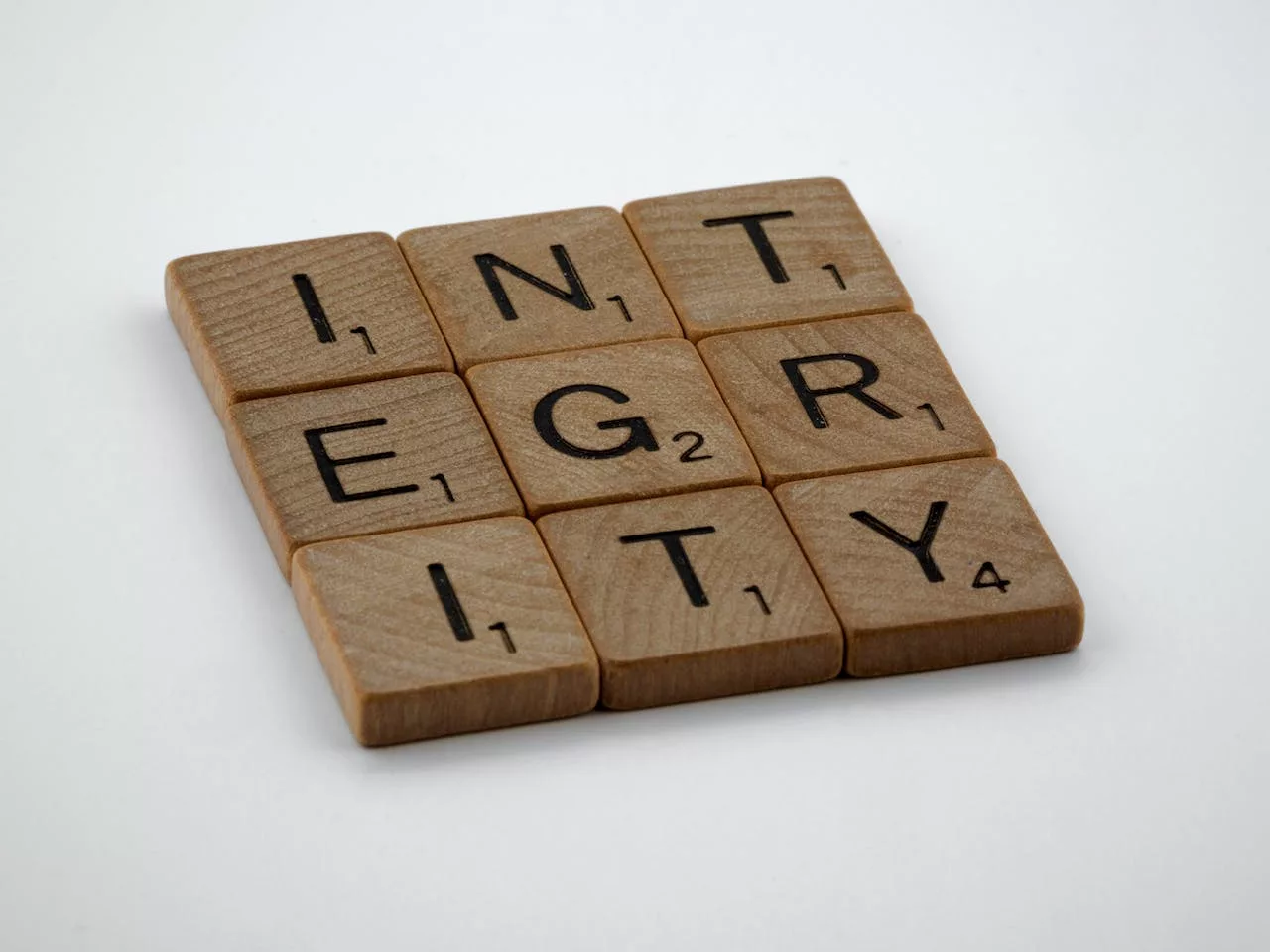Key Soft Skills as a Differentiator for Art Director in a Competitive Market
In the fast-paced and ever-evolving world of art direction, technical skills alone are no longer sufficient to set one apart in a competitive market. Art directors today are expected to possess a robust set of soft skills that enhance their leadership capabilities, foster creativity, and facilitate effective communication. This blog post explores the essential soft skills that can differentiate an art director in the crowded marketplace.
Understanding the Role of an Art Director
Before delving into the soft skills, it’s essential to understand the pivotal role of an art director. Art directors are the visionaries behind visual storytelling, responsible for the overall visual aspects of advertising, media, and creative projects. They collaborate with designers, photographers, and other creatives to deliver a cohesive and compelling visual message.
The Power of Communication
Mastering Verbal and Non-Verbal Communication
Effective communication skills are a cornerstone in the arsenal of an art director’s soft skills. According to a study by the National Association of Colleges and Employers, communication skills are among the top attributes employers seek. Art directors must articulate their vision clearly and persuasively to team members, clients, and stakeholders. This involves not only verbal communication but also non-verbal cues, such as body language and visual presentations.
Active Listening
Active listening is equally crucial. It involves fully concentrating, understanding, and responding thoughtfully to others. By practicing active listening, art directors can foster an environment of openness and collaboration, ensuring that everyone’s ideas are heard and valued.
Leadership and Team Management
Inspiring and Motivating Teams
An art director’s ability to inspire and motivate their team can significantly impact project outcomes. A Gallup study revealed that companies with engaged employees outperform those without by 202%. By fostering a culture of creativity and innovation, art directors can lead their teams to achieve extraordinary results.
Conflict Resolution
Conflicts are inevitable in creative environments. An art director skilled in conflict management can navigate disagreements and find solutions that satisfy all parties. This requires empathy, patience, and the ability to remain calm under pressure.
Adaptability in a Changing Landscape
Embracing Change
The creative industry is constantly evolving, with new trends and technologies emerging regularly. Art directors must be adaptable, willing to embrace change, and eager to learn. Adaptability allows them to incorporate new ideas and techniques into their work, keeping their projects fresh and relevant.
Problem-Solving Skills
Creative projects often present unexpected challenges. Art directors with strong problem analysis skills can think critically and develop innovative solutions. This not only ensures the project’s success but also enhances the art director’s reputation as a reliable leader.
Emotional Intelligence (EQ)
Understanding and Managing Emotions
Emotional intelligence is the ability to understand and manage one’s emotions and the emotions of others. Art directors with high EQ can build strong relationships, foster a positive work environment, and handle stress effectively. Daniel Goleman, a leading psychologist in emotional intelligence, notes that EQ is a critical component of effective leadership.
Empathy
Empathy, a core component of emotional intelligence, is vital for art directors. By understanding and considering the emotions of team members and clients, art directors can make more informed decisions and cultivate a supportive workplace culture.
Key Takeaways
In conclusion, while technical skills remain essential, the soft skills of an art director can significantly differentiate them in a competitive market. Effective communication, leadership, adaptability, and emotional intelligence are crucial for success. By honing these skills, art directors not only enhance their professional capabilities but also become invaluable assets to their teams and organizations. As the creative industry continues to evolve, those who prioritize and develop these soft skills will undoubtedly stand out and thrive.

